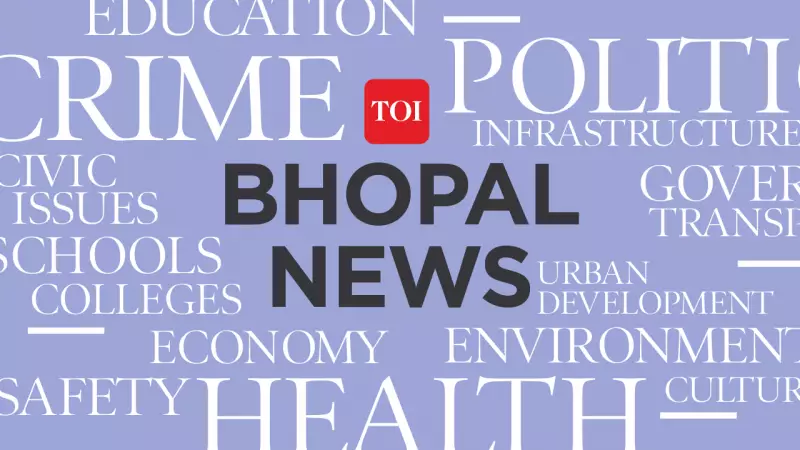
Madhya Pradesh Chief Minister Mohan Yadav has declared the state government's firm commitment to safeguarding tribal communities' rights over natural resources, announcing a substantial budget increase for tribal welfare programs during Tribal Pride Day celebrations.
Major Budget Allocation For Tribal Development
The state government has allocated Rs 47,296 crore for tribal welfare this year, representing a significant 15 percent increase compared to last year's budget. The announcement came during the observance of Tribal Pride Day, which marks the birth anniversary of legendary tribal warrior Bhagwan Birsa Munda.
CM Yadav emphasized that the tribal communities' dignity is being fully protected under Prime Minister Narendra Modi's leadership. He recalled how Birsa Munda had fought against British rule to protect tribal rights over water, forests, and land - the very rights the current government is committed to preserving.
Substantial Benefits For Tribal Communities
In a significant move for forest workers, the remuneration for tendu leaf collectors has been increased from Rs 3,000 to Rs 4,000 per standard bag, providing immediate financial relief to thousands of tribal families dependent on this traditional livelihood.
The implementation of the Forest Rights Act has seen remarkable progress with 2,89,000 individual claims and 28,754 community claims successfully settled, ensuring tribal communities receive their legitimate rights over forest land and resources.
Comprehensive Development Initiatives
Madhya Pradesh is taking a leading role in implementing centrally sponsored schemes for tribal welfare. Under the ambitious PM Janman Yojana, inaugurations and foundation-laying ceremonies worth more than Rs 98.30 crore have taken place across the state.
The Dharati Aba Yojana has launched development works exceeding Rs 401.56 crore, including the operation of 66 mobile medical units serving 21 tribal-dominated districts to improve healthcare access in remote areas.
Through the Pradhan Mantri Van Dhan Kendra Yojana, 126 Van Dhan Kendras have been established in 20 districts, creating sustainable economic opportunities for tribal communities by adding value to forest produce.
A work plan of Rs 78.94 crore has been approved for electrification of 18,338 tribal households, bringing modern amenities to remote tribal settlements.
Educational Support For Tribal Children
The state government has made comprehensive arrangements for tribal children's education, ensuring they receive free textbooks, free uniforms, and free bicycles to overcome barriers to schooling and encourage regular attendance.
CM Yadav highlighted that the PESA Act has empowered Gram Sabhas in tribal areas, giving local communities greater control over decision-making processes affecting their resources and development.
The substantial budget allocation and multi-pronged approach demonstrate the government's commitment to holistic tribal development while honoring the legacy of tribal icons like Birsa Munda who fought for these very rights.






